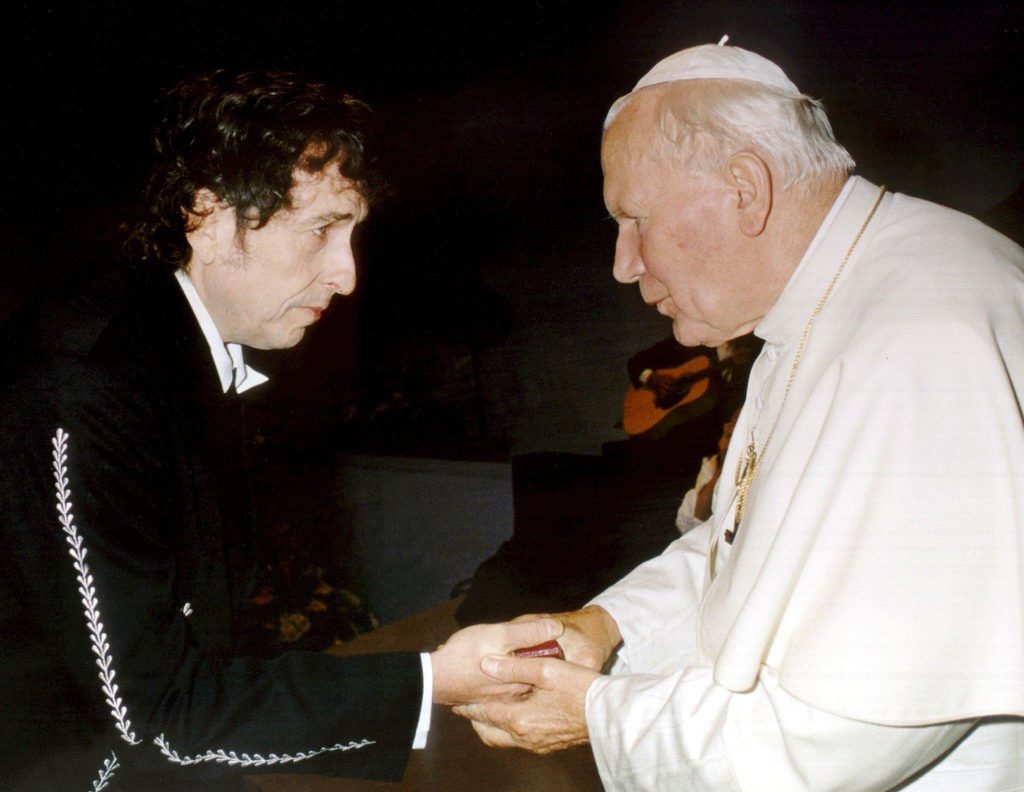When Bob Dylan was named the winner of this year’s Nobel Prize in Literature, my thoughts immediately turned to a certain auxiliary bishop in our archdiocese. Bishop Robert Barron is known for invoking the singer-songwriter in improbable places (seminary classrooms, church pulpits), and has even recorded lengthy appreciations of Dylan’s work. It’s at least possible, I suppose, that the Nobel Committee’s decision was influenced by the bishop’s intercession.
The announcement came on the eve of the feast of St. Teresa of Avila, and what day could be more appropriate? She, after all, is supposed to have said: "Without poetry, life would not be tolerable, even for contemplatives.”
Life is filled with suffering and sorrow, but poetry makes life livable and bearable.
It is an idea worth pondering — especially for us in Los Angeles, whose city and economy are so singularly dedicated to artistic expression. If Bob Dylan’s music falls into the category of literature, then certainly our films and TV and radio shows do as well.
It’s no small matter to consider the arts in this way. Next time you’re watching a movie, stick around for the credits. Then count the names of people as they roll by. All of those people should look upon their work as an act of love, an act of kindness, an act of mercy.
The arts can do so much to ennoble us. They expand our capacity for sympathy. They make us undergo, in our imagination, the experience of another person — someone, perhaps, living in circumstances quite different from our own. If we enter a theater or turn on the television with the right Christian dispositions, we can experience a moment of grace.
Art can make life more bearable. Sometimes it does this by providing comic relief or simple distraction. But sometimes it does this by casting a sudden light on life’s difficult moments and giving them meaning. The arts can lead us to the recognition that suffering — especially our own suffering — can be redemptive.
In a recent address, our own Archbishop José H. Gomez recognized the potential of art and literature to transform people’s lives. “The new evangelization,” he said, “needs new art and new artists. It needs stories and songs, poems and novels and plays, sculptures and architecture, paintings and symphonies.” He recognized in particular the work of Dana Gioia, the current poet laureate of California. Gioia, the past chairman of the National Endowment for the Arts, is a Catholic layman who engages his faith deeply in his work.
So what if a growing number of local people began to see their work in this way? How quickly would the culture change for the better? How many lives would be saved? How many souls would turn to Jesus Christ?
How much more tolerable would life be for everyone?
St. Teresa of Avila, pray for us!
And, Bob Dylan, sing it to us.

